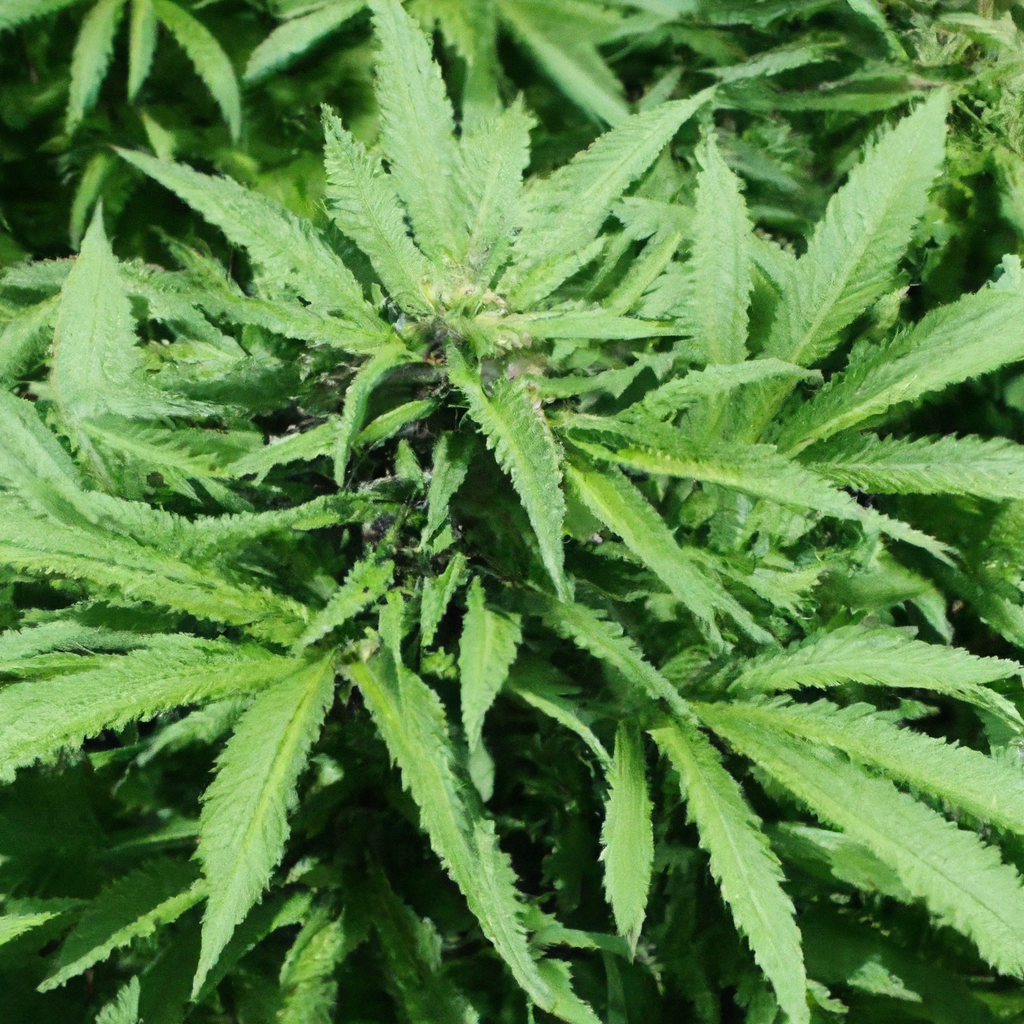Your cart is currently empty!
As cannabis cultivation continues to evolve, there’s a growing emphasis on sustainability and environmental consciousness. Organic growing methods not only produce healthier plants but also ensure a sustainable approach that benefits growers, consumers, and the environment alike. In this article, we delve into best practices for mastering organic cannabis cultivation using natural fertilizers, composting, and innovative pest control methods.
1. Natural Fertilizers: Nourish Your Plants
One of the fundamentals of organic growing is the use of natural fertilizers, which enrich the soil without the introduction of harmful chemicals. They provide essential nutrients that promote healthy plant growth and improve soil fertility over time.
- Compost: Composting is a simple, effective way to recycle yard waste and kitchen scraps into a rich soil additive. Apply compost to your cannabis plants to boost nutrient levels and improve soil structure.
- Manure: Animal manure such as cow or chicken manure is an excellent source of nitrogen. Ensure it’s well-matured to avoid burning young plants.
- Bone Meal: Provides phosphorous—critical for root development. It’s best used at the planting stage or as a side-dressing during the flowering phase.
2. Building a Healthy Soil Ecosystem
A thriving soil ecosystem is the backbone of any successful organic cannabis cultivation. Healthy soil hosts a diverse range of microorganisms that enhance nutrient absorption and protect plants against disease.
- Beneficial Microbes: Introducing beneficial bacteria and fungi can help break down organic matter, making nutrients more accessible to your plants.
- Mulching: Use organic mulch to conserve moisture, suppress weeds, and gradually add organic matter back to the soil as it decomposes.
- Crop Rotation: To prevent soil nutrient depletion, rotate your cannabis plants with other crops that restore soil fertility.
3. Organic Pest Control: Protect Your Crop Naturally
Rather than using synthetic pesticides, organic pest control methods contribute to a balanced ecosystem while effectively managing potential threats.
- Companion Planting: Certain plants can deter pests. For example, marigolds attract beneficial insects that prey on aphids.
- Neem Oil: A natural pesticide derived from the neem tree, effective against a variety of pests without harming beneficial insects.
- Insecticidal Soap: Safe and biodegradable, it works well against soft-bodied insects by disrupting their membranes.
4. The Benefits of Organic Cannabis
Choosing organic cultivation practices ensures that cannabis plants are free from harmful pesticides and chemicals. This not only enhances the taste and quality of the cannabis but also safeguards consumer health. Environmentally, organic farming contributes to biodiversity, improves soil health, and reduces the carbon footprint of cannabis production.
Conclusion
Mastering organic cannabis cultivation involves understanding and implementing sustainable practices that benefit the environment, the plants, and consumers. By utilizing natural fertilizers, fostering a healthy soil ecosystem, and embracing organic pest control methods, growers can cultivate high-quality cannabis sustainably. Ultimately, organic cultivation is an investment in a greener future.
Tags: OrganicGrowing, SoilHealth, SustainablePractices, PestControl, NaturalFertilizers
Discover more from Magic Clones
Subscribe to get the latest posts sent to your email.


Leave a Reply